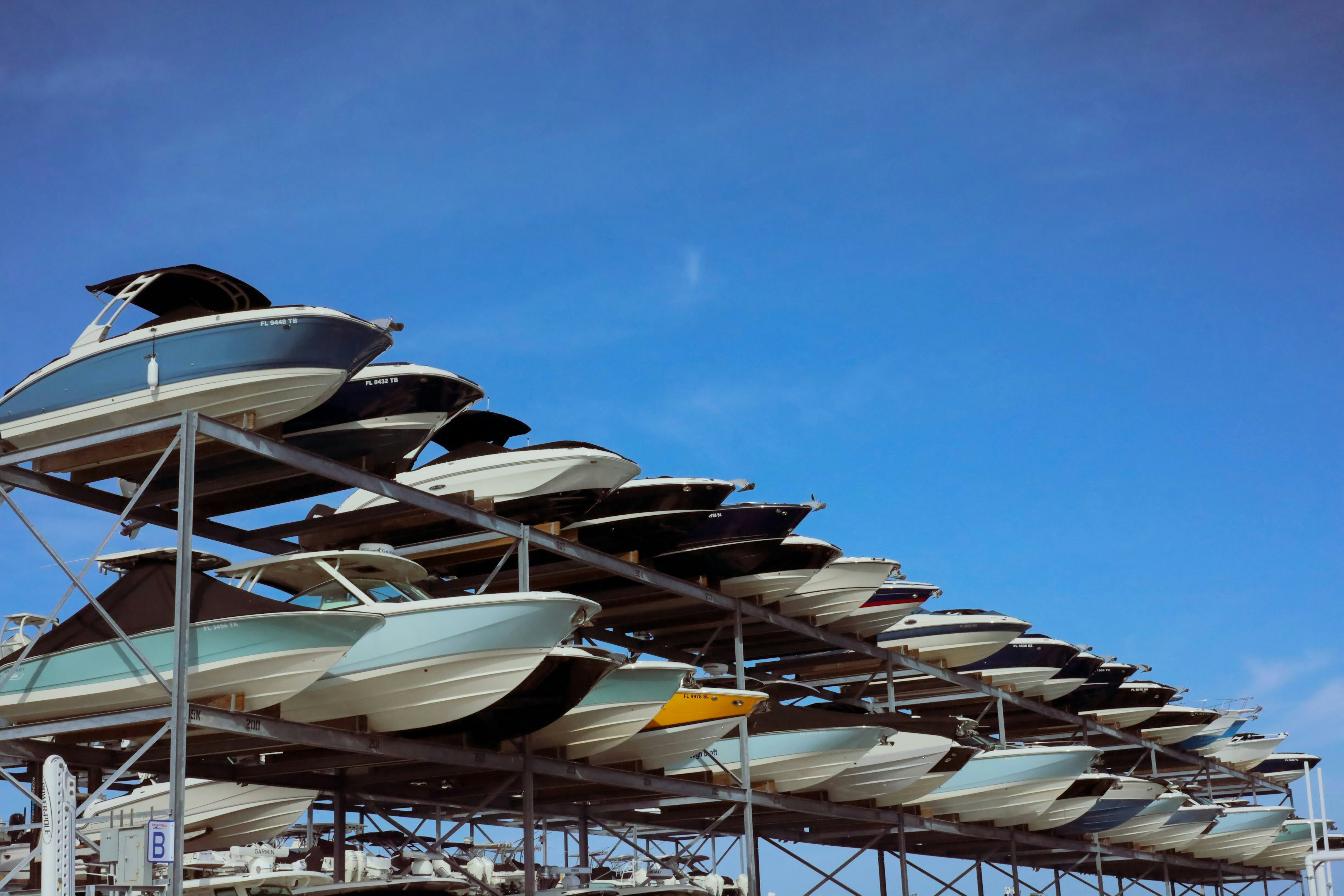As the temperatures drop, many boat owners are preparing to haul their vessels out of the water and into storage for the off-season.
But beyond the usual engine care and maintenance routines, have you considered how winterizing your boat impacts your insurance?
Taking the right steps to winterize your boat not only protects it from the elements but can also help you avoid claims, save on unexpected repair costs, and make sure your boat is ready to launch in spring.
Why Winterization Matters for Insurance
When it comes to insurance, boat owners often think about coverage for damage that occurs on the water. But damage can occur when your boat is out of the water, too—especially during the colder months and in freezing temperatures. That’s why winterizing your boat is so important. It helps protect it from issues like:
- Freeze damage to the engine or plumbing
- Water damage from heavy snow or ice
- Cracked hulls from temperature changes
- Mold and mildew growth from poor storage conditions
Most boat insurance policies have guidelines about taking care of your boat during the off-season. In fact, you might even get a winter layup discount if your boat is winterized and out of the water for a few months of the year.
» MORE: Winter Layup Boat Insurance Discounts
But be careful: failing to properly winterize your boat may jeopardize coverage for a potential claim. Insurers expect you to take good care of your boat, and winterizing is a big part of that!
How Winterizing Can Help Prevent Claims
A little effort now can save you a lot of headaches (and claims) later on.
- Protect Your Engine: Draining water from the engine and adding antifreeze helps avoid freeze damage. This reduces the risk of expensive repairs or having to file a claim for engine failure.
- Keep Your Hull Protected: Moisture that freezes can expand and crack the hull. By drying out your boat and using protective coatings, you’ll help prevent damage.
- Smart Storage: A quality boat cover and a storage spot protected from the elements (i.e., snow, ice, and strong winds) can make all the difference. Boats left exposed are much more likely to sustain damage.
- Battery and Electrical Care: Electrical failures are common in the spring when a poorly stored boat is fired up after months of inactivity. Disconnecting the battery and storing electrical systems properly helps prevent corrosion and other problems.
Insurance Options to Consider During the Off-Season
Winter is actually a great time to take a second look at your boat insurance policy and see if any changes are needed.
» MORE: The Importance of Reviewing Your Boat Insurance Policy- How to Ensure You Have the Right Coverage
Here are a few things you might want to consider:
Quality Coverage
Even though your boat is out of the water, quality coverage is still essential to cover risks like theft, fire, vandalism, and other types of damage. These things can happen even while your boat is in storage.
Freeze Coverage
For added protection, you can include freeze coverage in your boat insurance policy. It’s usually a low-cost option that can save you from a hefty repair bill later on.
Imagine, you’ve had your boat professionally winterized and stored at a reputable facility. If a power outage occurs and your boat suffers freeze damage while in storage, this coverage could help cover the repair costs.
Winter Lay-Up Discount
If your boat is out of the water for the winter, you may be able to get some great savings on your policy. Not only does this cut down your costs, but it also ensures you stay protected all year long.
But make sure your boat is stored properly and that it’s safe from any possible water damage. And if you want to take your boat out for a winter ride, you’ll need to contact your insurer.

